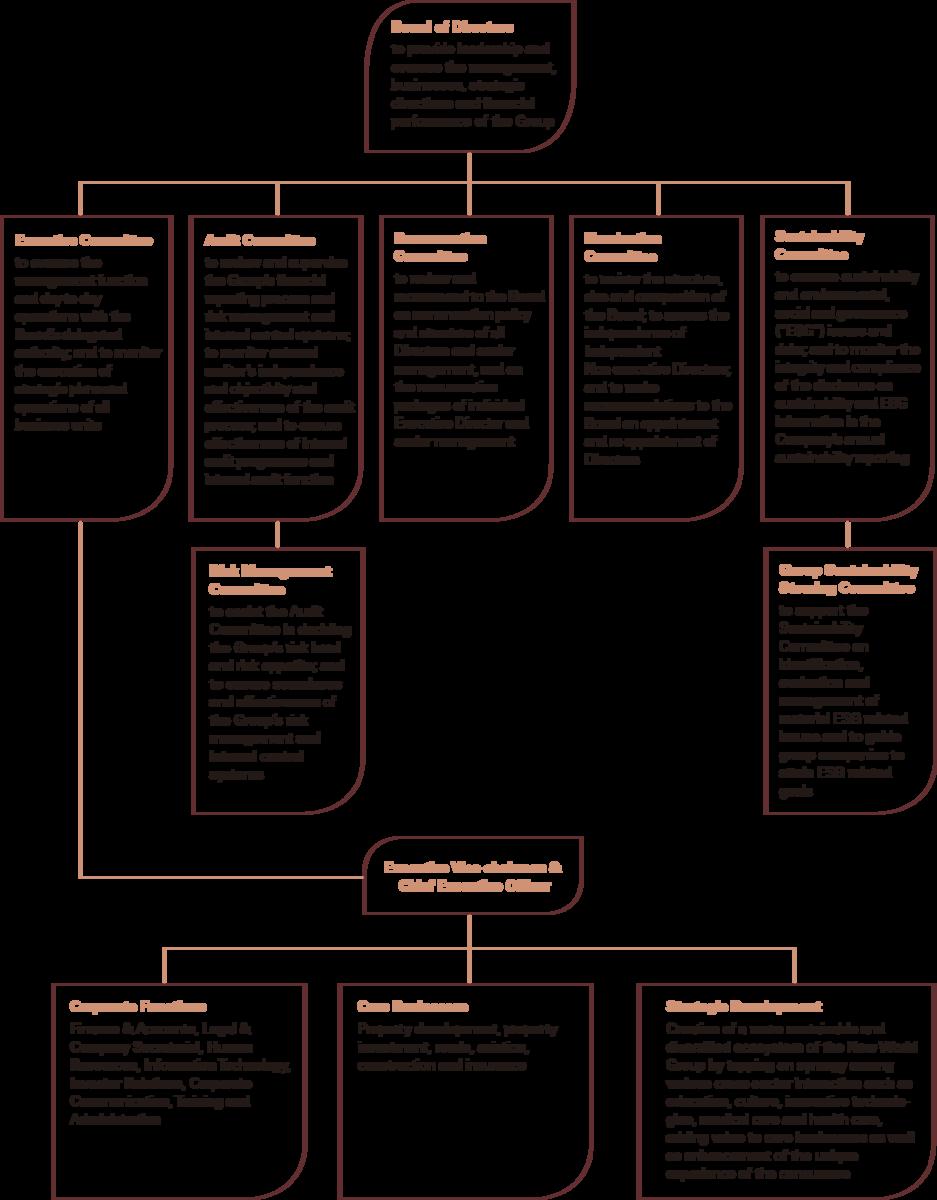Corporate governance goes beyond ensuring legal compliances. It defines the culture of a company. Good governance is built on transparency and accountability and goes a long way towards building an empowered workforce.
While Information Technology has created wide access to markets like never before, it has also brought to life complex problems of meeting growing expectations of diverse consumers, challenges of working at scale and meeting compliances with regulations across multiple countries.It has also posed new risks of cyber threats and online fraud and misuse. Therefore, there is a need to adopt a new outlook to governance framework that is agile. Governance needs to be bottom-up and no longer just top driven.
The question of 'why corporate governance' is passé. There is seldom a debate on the value of good governance. The focus has shifted from 'why' to 'how'.
Working across various Indian and multinational organisations, I have noticed that governance systems revolve around building maker-checker processes and collective decision making. This is widely observed in established Indian and multinational businesses that are highly regulated.
The changing paradigms
In the new era where new businesses are created by entrepreneurs backed by financial investors, there is increased investor and shareholder scrutiny. PE and VCs play a vital role in the formative years of start-ups. They have also been instrumental in bringing new governance practices from their global experiences.
All this places a high degree of responsibility on how a business is conducted -- the processes followed, the inputs considered in arriving at key decisions, the expected growth trajectory, the proactive measures to mitigate any risks, business continuity plans, etc. et al. It also leads to the need for speed in decision making with a solution-oriented approach, while keeping the entire process transparent and creating visibility into the management of these businesses and return on shareholder equity.
The decision-making process in modern-day organisations has become matrix-like with multiple functions and people participating in it. Decision-making is no more centralised but rather a collective process turning governance into a multidisciplinary and real-time requirement.

Traditionally, governance was seen as a must-do and at times, a burden. However, the organisational goals and the governance goals do not necessarily clash. For instance, a clear and transparent policy pertaining to consumer grievance redressal which covers all the aspects of consumer protection law is not only important and required from a compliance perspective but is equally necessary to build customer trust and faith in the company's process which results in a positive impact on company's growth parameters.Governance around data privacy is as important to consumers as it is for business success.
Technology for governance
The need of the hour is to build on algorithms and technological integrations to oversee and manage compliance by users on the platform and technology tools to monitor and manage statutory compliances. Furthermore, deploy tools for contract management, to oversee litigations and to resolve consumer disputes through Online Dispute Resolution mechanisms. Additional sets of tools are utilized for online awareness communication, privacy and data governance and other such needs. Over time these tools not only help bring predictability, assuredness, transparency but they also provide very important data-led insights for process improvements wherever required. Needless to say automation makes compliance more capital efficient and helps roll out at scale.
Utilisation of technology in the legal and governance functions delivers huge benefits like the adoption of a contract lifecycle management system that streamlines how contracts are signed and managed. Besides improving contract compliance, it helps us detect and mitigate contractual risks, lends visibility to high-impact contracts, trims the contract-signing time, and helps negotiate efficiently. It simplifies the governance process as the maker-checker process is automated.
Governance for social impact
In today's context, governance goes beyond its preset business boundaries and makes a positive impact on society at large. For example initiatives like Sama Suljhao Manch, which focuses on online dispute resolution (ODR) platform is furthering access to justice by implementing a system like this to help aggrieved consumers resolve disputes faster and cost-efficiently. In fact Snapdeal ran a pilot program with them, and successfully resolved nearly 50 percent of the shortlisted disputes in less than 15 days!
The swift resolution of disputes has not only brought smiles to the faces of any unhappy users but also provides real business insights. This has been helping companies improve their processes further so that other customers do not have to face similar issues in the future. The governance initiative, is, thus, contributing to continued customer satisfaction.
Winning trust, building relationships
In an inter-connected world, building collaborative relationships is the key to addressing multi-faceted issues. The recent COVID-19-related disruptions have highlighted the intrinsic ability of our society to adapt quickly to what is required at the moment. In the last few months, we have supported a non-profit's efforts in providing access to online education for children whose academic schedules have been disrupted due to the pandemic. Amidst In the midst of the pandemic, we could still leverage our delivery footprint to support public health causes like creating awareness about consuming iron-fortified foods. The increasing interest in online platforms could be served by conducting online training and workshops for entrepreneurs exploring digital platforms.
While none of these are linked to any business outcomes, such partnerships do create a sense of connection and belonging and bring us closer to the society that we live in and serve.
Governance, supported by the adoption of suitable technology tools, will continue to play a major role in building modern organisations as sustainable corporations with a firm footing in ethics, social responsibility, and environmental sustainability.
Views are personal. The author works as the General Counsel at Snapdeal Limited




